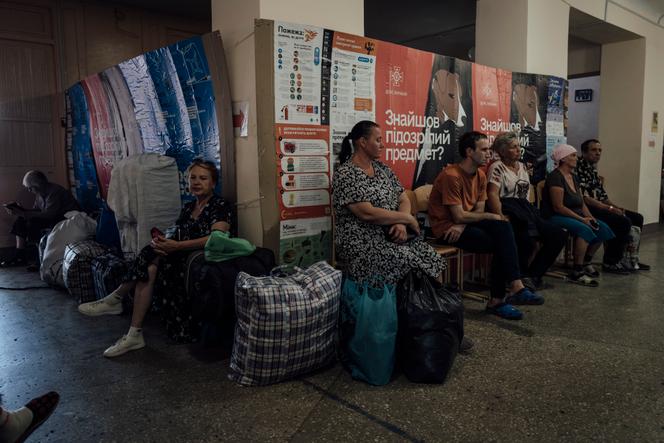


The next few months are likely to be decisive for Ukraine's future. Volodymyr Zelensky is currently visiting the United States in a bid to obtain crucial security guarantees that would enable him to conduct any future peace negotiations with Russia from a position of strength. At a press briefing on Friday, September 20, the president admitted that he hoped to convince outgoing president Joe Biden to take action before he left the White House, as the support policy of Kyiv's strongest ally could be upended by the results of the November presidential election.
These preparations for peace negotiations are taking place at a critical time for the country, as international support from its allies remains insufficient to alter the course of the war, and the exhausted population's resilience is increasingly showing cracks. The Ukrainian offensive on Kursk, which the Kyiv authorities have presented as an additional lever of pressure on the Kremlin, has failed to change the momentum of the fighting in the east. Russian forces continue to advance against a Ukrainian army that suffers from a lack of men and ammunition, seizing new hamlets in the Donbas every day.
This winter is shaping up to be a difficult one for the entire country, as over half of its power production capacity has been destroyed by Russian strikes. The population fears it could spend the winter in the cold, including due to major power cuts.
Polls conducted in recent months have already shown an increase in the number of people saying they were open to the prospect of negotiations. "People are in a difficult psycho-emotional state. The war is long; it's draining all our strength and emotions," analyzed Mykhailo Podolyak, the president's adviser, in an interview in early August. "Ukrainian society is suffering many losses," observed Anton Hrushetskyi, the executive director of the Kyiv International Institute of Sociology (KIIS). "It's psychologically exhausting for Ukrainians."
According to a survey conducted by KIIS in May for the National Democratic Institute, an American think-tank, the share of the population who would be open to negotiations rose from 33% in May 2023 to 57% a year later. Hrushetskyi also noted an increase in the number of people who say they are "generally ready to make territorial concessions" to stop the war.
From 10% in May 2023, they represented 32% of the population a year later, according to another survey conducted by KIIS in May and June. However, the same survey showed that 55% of them remain convinced that the country must "under no circumstances should Ukraine give up any of its territories," even if it means that "the war will last longer and there will be threats to the preservation of independence." In Hrushetskyi's view, "being ready for negotiations does not mean being ready to make difficult compromises." "Ukrainians are ready to negotiate, but we want to protect certain national interests."
You have 23.85% of this article left to read. The rest is for subscribers only.
